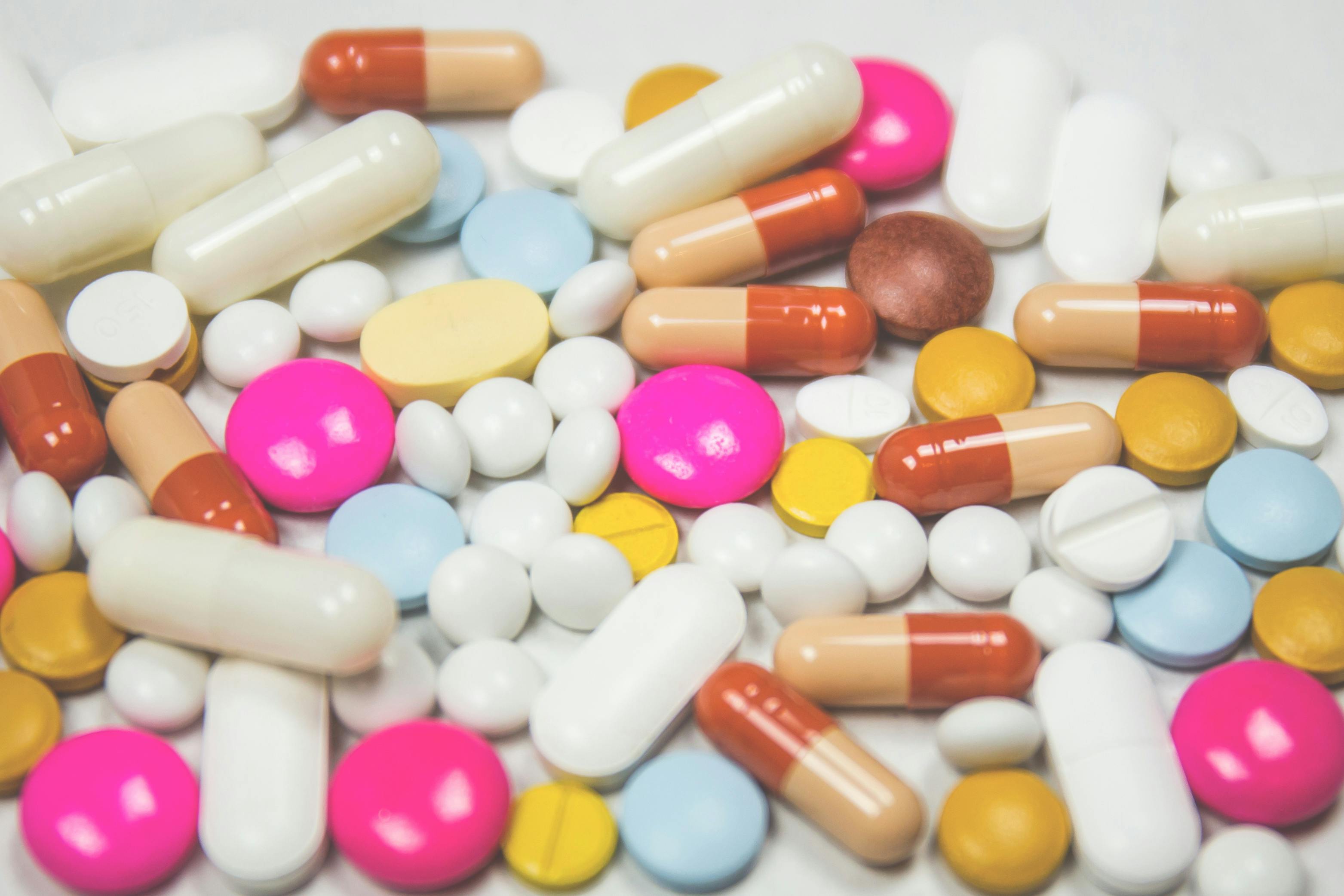As incredible as it may sound, water is the single most important catalyst for losing weight and keeping it off. Although most of us take it for granted, water may be the only true “magic potion” for permanent weight loss.
Water naturally suppresses the appetite and helps the body metabolize stored fat. Studies have shown that a decrease in water intake will increase fat deposits, while an increase in water intake can actually reduce fat deposits.
Here is why:
The kidneys cannot function properly without enough water.
When they are not working to their maximum capacity, part of their load is dumped into the liver.
One of the main functions of the liver is to metabolize stored fat into usable energy for the body. But if the liver has to do part of the kidney’s work, it can’t run at full speed. As a result, you metabolize less fat, so more fat is stored in the body and weight loss stops.
Drinking enough water is the best treatment for fluid retention.
When the body receives less water, it perceives it as a pleasure for the years of survival that begins to retain every drop. Water is stored in extracellular spaces (outside of cells).
Diuretics offer a temporary solution at best. It expels the stored water along with some essential nutrients. Again, the body senses a threat and will replace the lost water at the first opportunity. Therefore, the condition quickly returns.
The best way to overcome the problem of water retention is to give your body what it needs: lots of water. Only then will the stored water be released.
If you have a constant water retention problem, excess salt may be the culprit. your body will tolerate sodium only in a certain concentration. The more salt you eat, the more water your system holds to dilute it.
But getting rid of unnecessary salt is easy, just drink more water. As it passes through the kidneys, it removes excess sodium.
The overweight person needs more water than the slim person.
Larger people have higher metabolic loads. Since we know that water is the key to fat metabolism, it follows that the overweight person needs more water.
Water helps maintain proper muscle tone by providing muscles with the natural ability to contract and preventing dehydration.
It also helps prevent sagging skin that usually follows weight loss. The shrinking cells are powered by water, which plumps up the skin and leaves it clear, healthy, and resilient.
Water helps remove water from the body.
During weight loss, the body has much more waste to get rid of – all metabolized fat must be removed. Again, adequate water helps remove water.
Water can help relieve constipation.
When the body is low on water, it draws what it needs from internal sources. The colon is a primary source. Outcome? Constipation. But when a person drinks enough water, normal bowel function usually returns.
So far we have discovered some remarkable truths about water and weight loss.
How Much Water Is Enough?
On average, a person should drink half their body weight in ounces, for example; if a person weighs 150 lbs. that person should drink at least 75 ounces of water every day, and it is best to drink small amounts throughout the day. Four ounces of water every 30 minutes to an hour – it’s a lot more balanced than drinking it all at once.
When the body receives the water it needs to function optimally, its fluids are perfectly balanced. When this happens, you have reached the “breaking point”.
If you stop drinking enough water, your body fluids will become unbalanced again and you may experience fluid retention, unexplained weight gain, and loss of thirst. To remedy the situation you will have to go back and force another “advance”.
